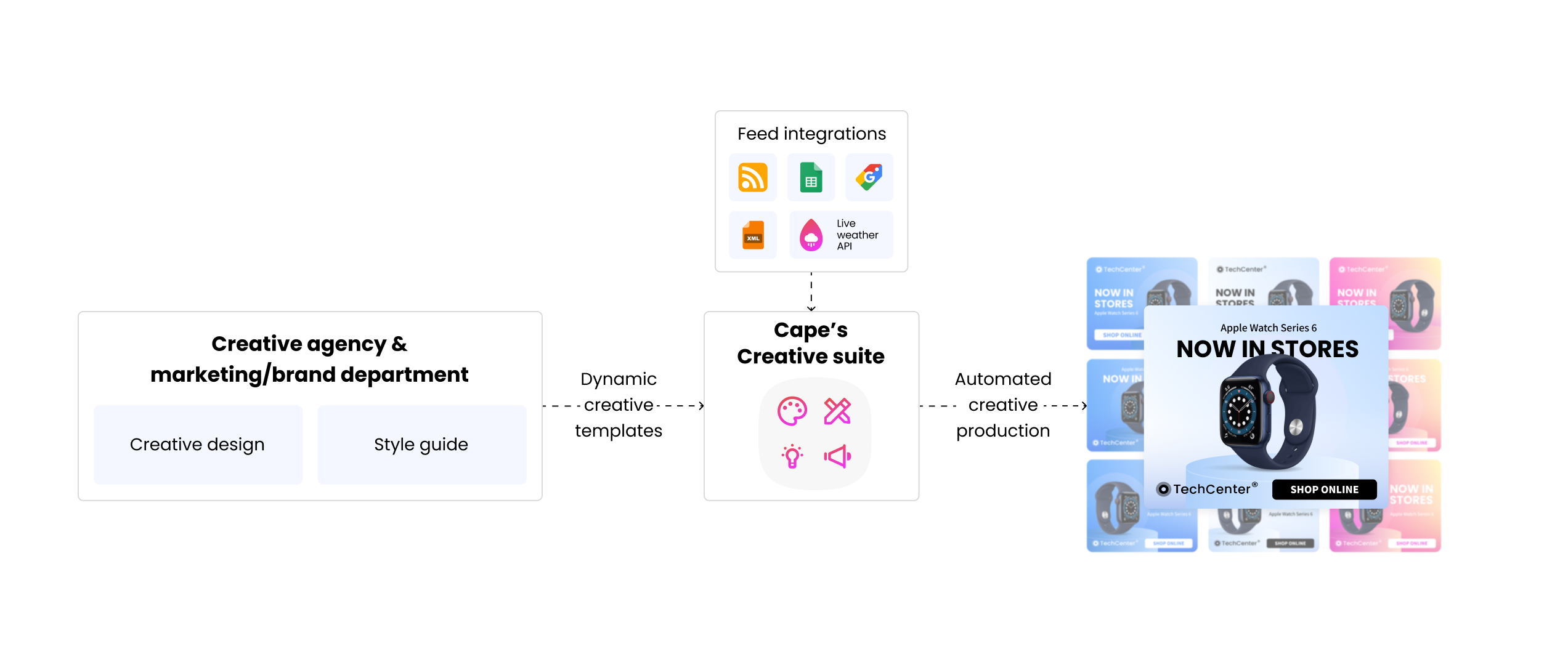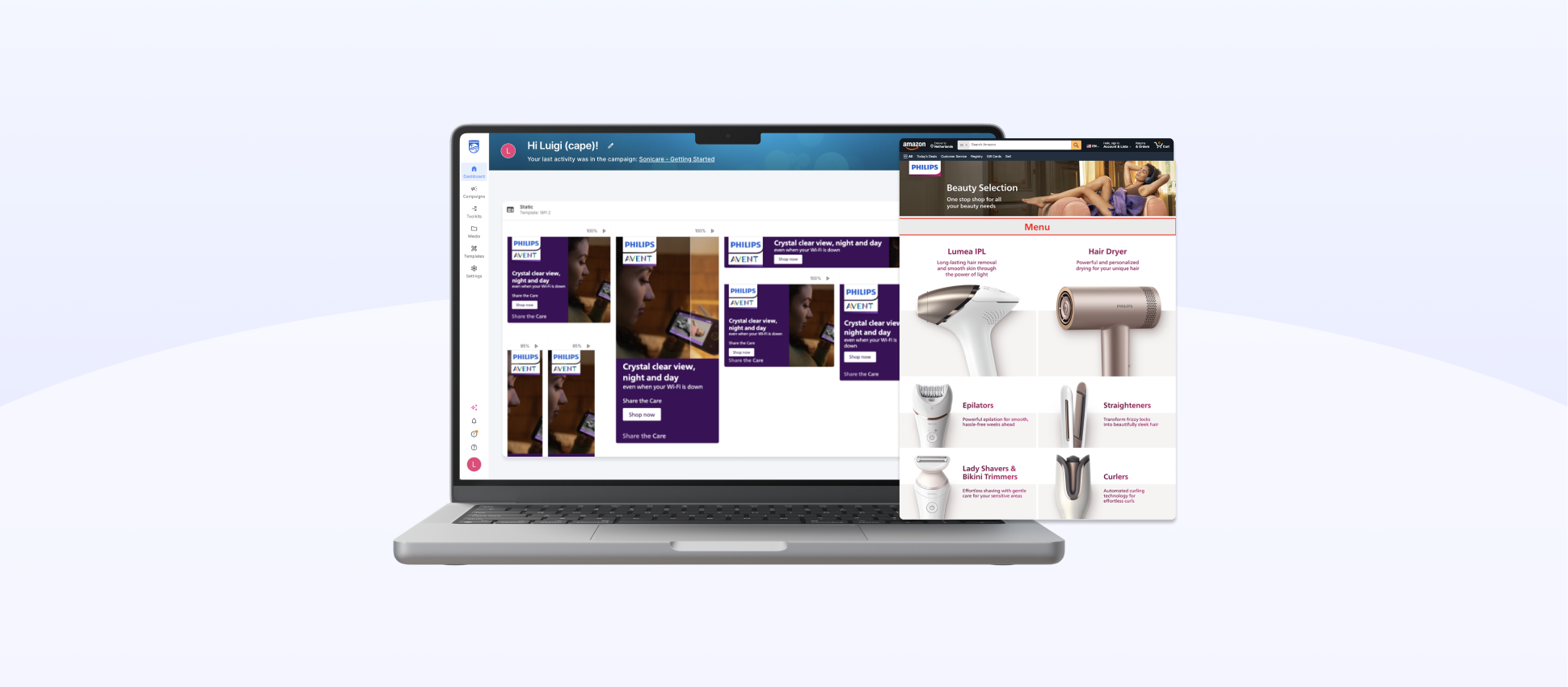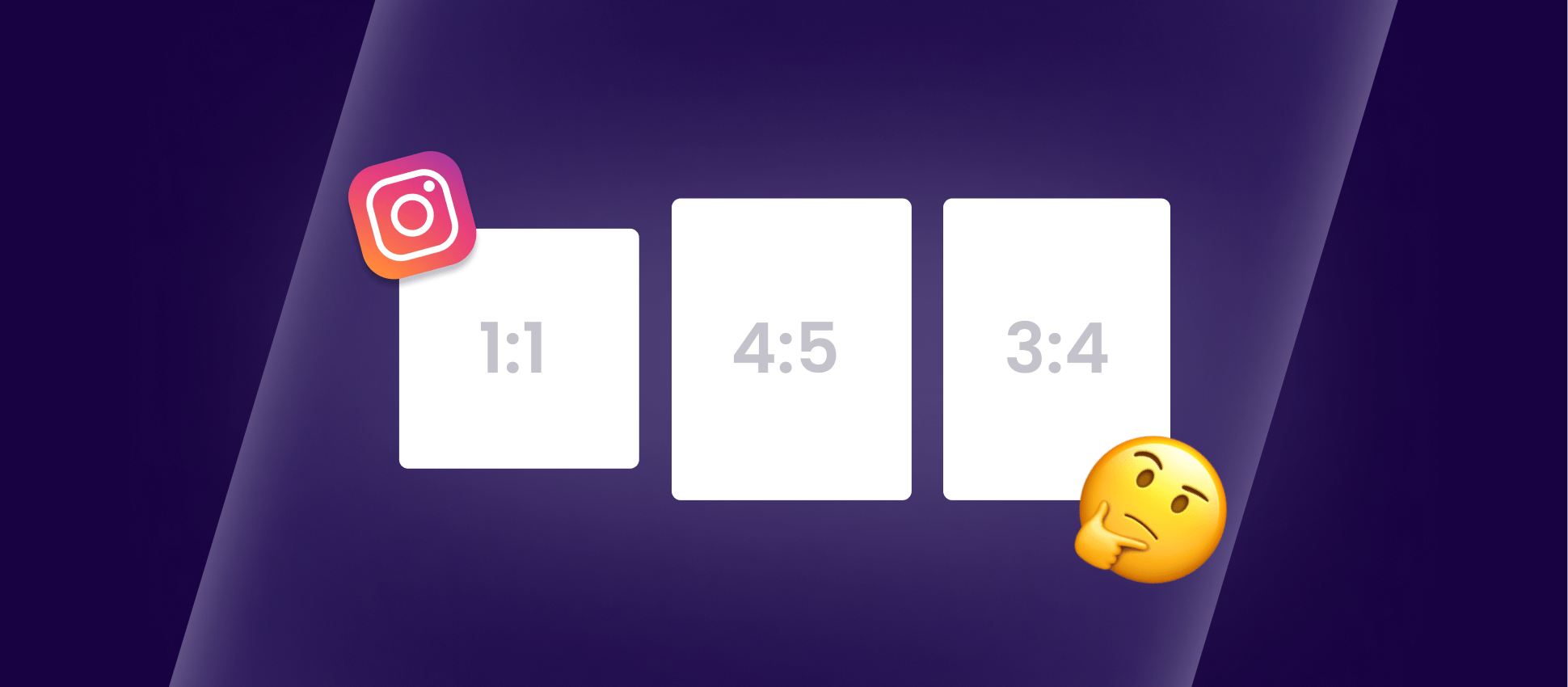

Driven by a quest for transparency, control and cost efficiencies, businesses are actively insourcing parts of their digital marketing. At the same time, agencies are fundamental to support your creative and campaign strategy. They have teams full of specialists at operational, tactical and strategic level and are familiar with the best industry practices. Wondering what in-house campaigning involves and what to leave to agencies? Our brief guide will walk you through the essentials.
1. Creative set-up
Keep your agencies for strategy, concepts, and access to “the best practices of the industry”. Automate your operational tasks, which are often lengthy and repetitive, like updating designs for all formats and versions.
Especially when your campaign volume grows, and you have to create assets for all markets, languages, local nuances, and formats. Far better to devote your time to ad design than to the production process. Creative versioning and last-minute manual adjustments to hundreds of creatives can be automated using the right software, allowing you to focus on what truly matters.

2. Campaign activation and ad ops processes
How can you ensure that ads efficiently make their way into the ad server or DSP? And simultaneously, how do you manage bid strategies, KPIs, white lists, brand safety, and audience settings effectively?
Ad platforms have a steep learning curve, so usually you either need experts (or a costly but specialised media agency) or devote a lot of time to do it yourself. This, also, can be automated with the right software. Automated ad ops can save you at least 80% of your campaign setup time while decreasing manual errors that impact reporting.
By allowing your agencies or in-house media teams to focus on performance-related tasks like bid strategy determination, technology can handle repetitive tasks quickly and error-free. Establish the correct publishing setup that ensures foolproof ad creation and seamless delivery to the ad-server or DSP in accordance with preset media strategies.

3. Efficient workflow
Over 70% of digital campaigns face delays due to issues like email exchanges, last-minute changes, and manual ad setup. We offer scalable, user-friendly templates and automated processes to eliminate inefficiencies. With our intuitive interfaces, you can create on-brand content and choose pre-set media strategies effortlessly. Speed up your campaign launch from months to days. Because of this intuitive interface, you no longer have to be an expert at media buying or out-source the operational tasks to media agencies to get successful campaigns live.

And remember: Rome wasn't built in one day. You can move your campaigning gradually in-house. Let your agencies use Cape for their repetitive and operational tasks or start with only automating your “always on” campaigns.
Cape can help you make in-house campaigning easy as a breeze for you! Contact sales@bycape.io to find out how.
Latest News

Blog
3 min read
04 April 2025
Breaking Barriers: Why Media and Creative Teams Should Work Together More Often
In advertising, media and creative teams have traditionally worked separately, passing ideas back and forth to get through projects. But as things progress quickly and teams have to work faster than ever, collaboration is no longer optional - it’s essential.

Products and features
4 min read
11 March 2025
How Cape Solves Amazon Storefront Creation Challenges
As businesses grow, managing an increasing number of marketing concepts can become a logistical nightmare. From banners to videos and brand pages, finding and organising these assets across multiple business units often leads to inefficiency and confusion. That's where Cape comes in.

Industry insights
3 min read
20 January 2025
The New Instagram Layout Update: How to Optimise Your Feed for Non-Square Posts
Recently, Instagram has rolled out yet another update. What makes this one different? For casual users, a layout change of your feed may be just another visual element of the app to get used to. For marketers, it affects just about every aspect of your content strategy.

